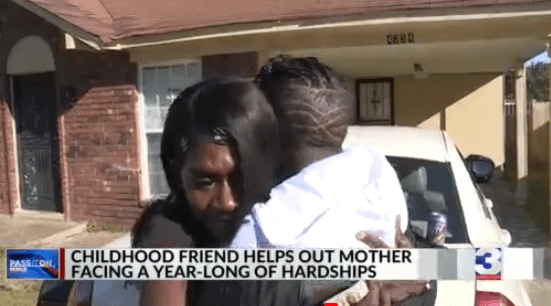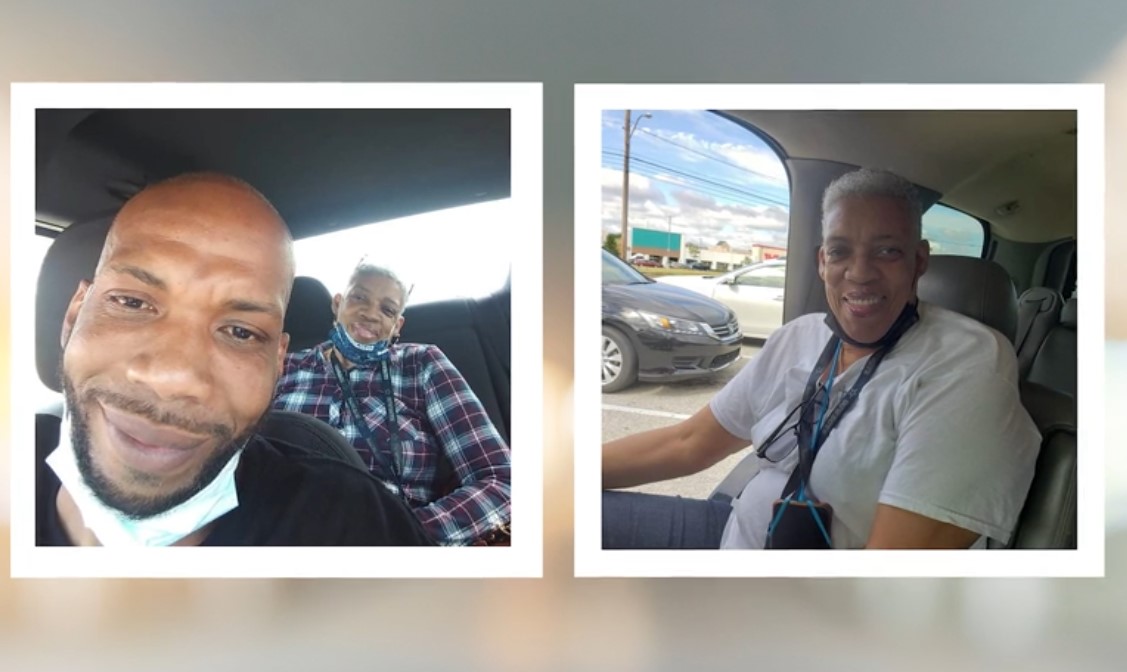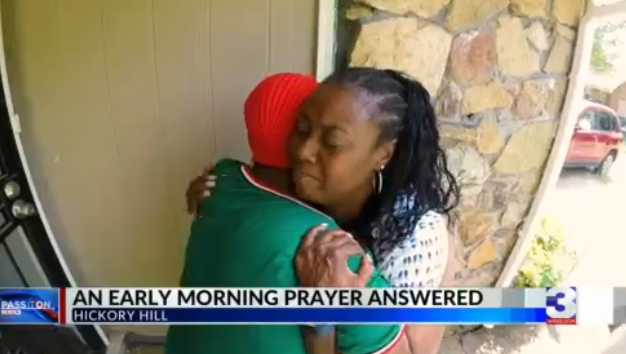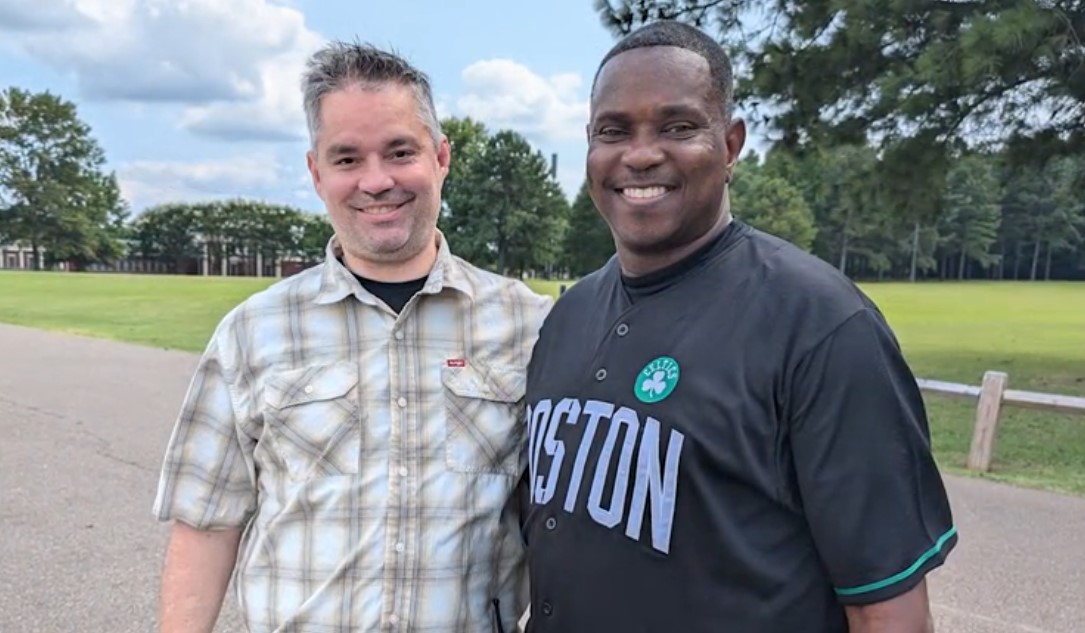MEMPHIS, Tenn. — During Black History Month, WREG is telling stories that celebrate Dr. Marin Luther King Jr.’s teachings, his legacy, and how he inspired Memphians who are making a difference today.
At a time when gun violence is on the rise in Memphis, leaving physical and emotional scars, Dr. Kiersten Hawes of Le Bonheur Children’s Hospital is on the frontline.
Dr. Hawes is the clinical director of the BRAIN Center Trauma Counseling Services and a trauma mental health counselor.
The BRAIN Center is a safe space where young patients and their caregivers receive holistic care for gunshot wounds, burns, and motor vehicle injuries.
She is part of the healing that helps some of the youngest victims cope with their mental health issues stemming from shootings.
“I know I am supposed to work with children and families and be a part of their healing process,” said Hawes.
Hawes says the children treated at Le Bonheur are innocent bystanders when it comes to gun violence. She says some of them were at home asleep, doing their homework, or cooking dinner when they became victims of drive-by shootings.
Le Bonheur has seen more and more children with gunshot wounds in their emergency department.
Last year, 10 children were killed, and 168 were wounded by bullets in Memphis, meaning their lives were altered to require breathing tubes, brain surgery, or in some cases, they are paralyzed.
They also experience emotional trauma.
“These children and their caregivers are having difficulty sleeping and eating. They are having nightmares, and constantly feeling on edge. Some of them have just shut down, and have become depressed, and had suicide ideation because they have kind of lost hope,” said Hawes.
Working with children who have lost hope and are living with post-traumatic stress is a difficult job for any mental health counselor but for Dr. Hawes, it is personal.
“It’s so hard because I am from Memphis, and I do love and appreciate so many great things about Memphis. It’s just the gunshot wounds, and the crime, it does make me angry, but I still have this sense of optimism,” she said. “I’m just hoping that in the future, I’m not sure what it’s going to take, but I’m praying we’ll see the numbers starting to decrease over time.”
Dr. Hawes was born and raised in Memphis. She attended Ridgeway High School until her family moved to Olive Branch, where she graduated from DeSoto Central High.
She always knew her calling in life was to be a counselor.
“Even if I go back to my childhood years, for family, friends, and church members, I’ve just kind of always played this counselor role,” said Hawes.
After graduation, she earned her bachelor’s degree in psychology from Spelman College in Atlanta but came back home to receive her master’s in Clinical Health Counseling from the University of Memphis. She continued her education, receiving her Ph.D. in Counselor Education and Supervision.
“It was really important to me to return and to give back because I think just working with children and youth, I am honestly giving them the tools as it relates to being the next generation of doctors, lawyers, and mental health counselors,” said Hawes.
When she is not at work, she relies heavily on her family, friends, and her faith.
“They keep me grounded. So, spending my downtime with them is just very fulfilling. I’m a member of Mississippi Boulevard Christian Church. I have been since I was born, and they’ve been with me in everything I’ve pursued,” she said.
Back at Le Bonheur, Dr. Hawes and her team have conducted more than 3,000 counseling sessions for trauma patients.
📡 See more breaking news, local news and weather from WREG.com for Memphis and the Mid-South.
📧 Sign up for WREG newsletters and have the latest top stories sent right to your inbox.
She believes mental health care is just as important for breaking cycles of community violence as it is for preventing self-harm.
“The mind is powerful. Everything starts in the mind, but for some reason, we have neglected to talk about these things. So, I’m so grateful the stigma attached to mental health is slowly dwindling,” said Hawes.
Dr. Hawes also knows the importance of young people seeing positive role models thriving and being celebrated, not just during Black History Month, but every day.
“It’s a time to celebrate our ancestors who have gone before us whose shoulders we stand upon, and as it relates to black history, and like you mentioned, representation matters just to see someone who looks like you. I think it’s important to reflect on the resilience of our culture,” said Hawes.
As Dr. Hawes also reflects on the impact of gun violence in Memphis, she also thinks back on one of her role models: Dr. Martin Luther King Junior.
“Honestly, I think just his non-violence approach continues to ring in my brain. He demonstrated what peace looks like. He demonstrated what resilience looks like and demonstrated perseverance. He didn’t have to lay his hands on anyone,” said Hawes. “I admire him and think he’s a big piece of who I am. I think we have lost our way, but I hope that we can get back to the foundation which Dr. King laid. I really do,” she said.























